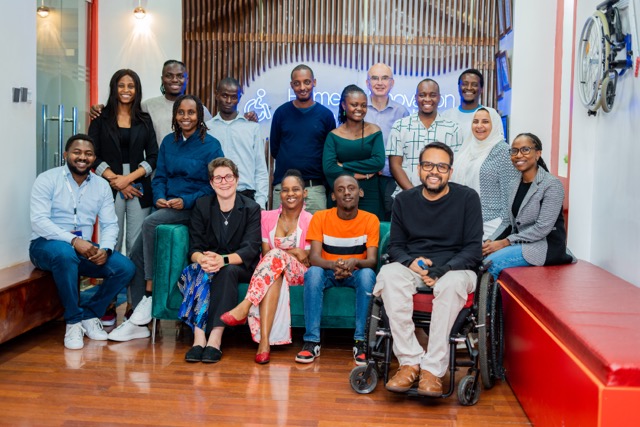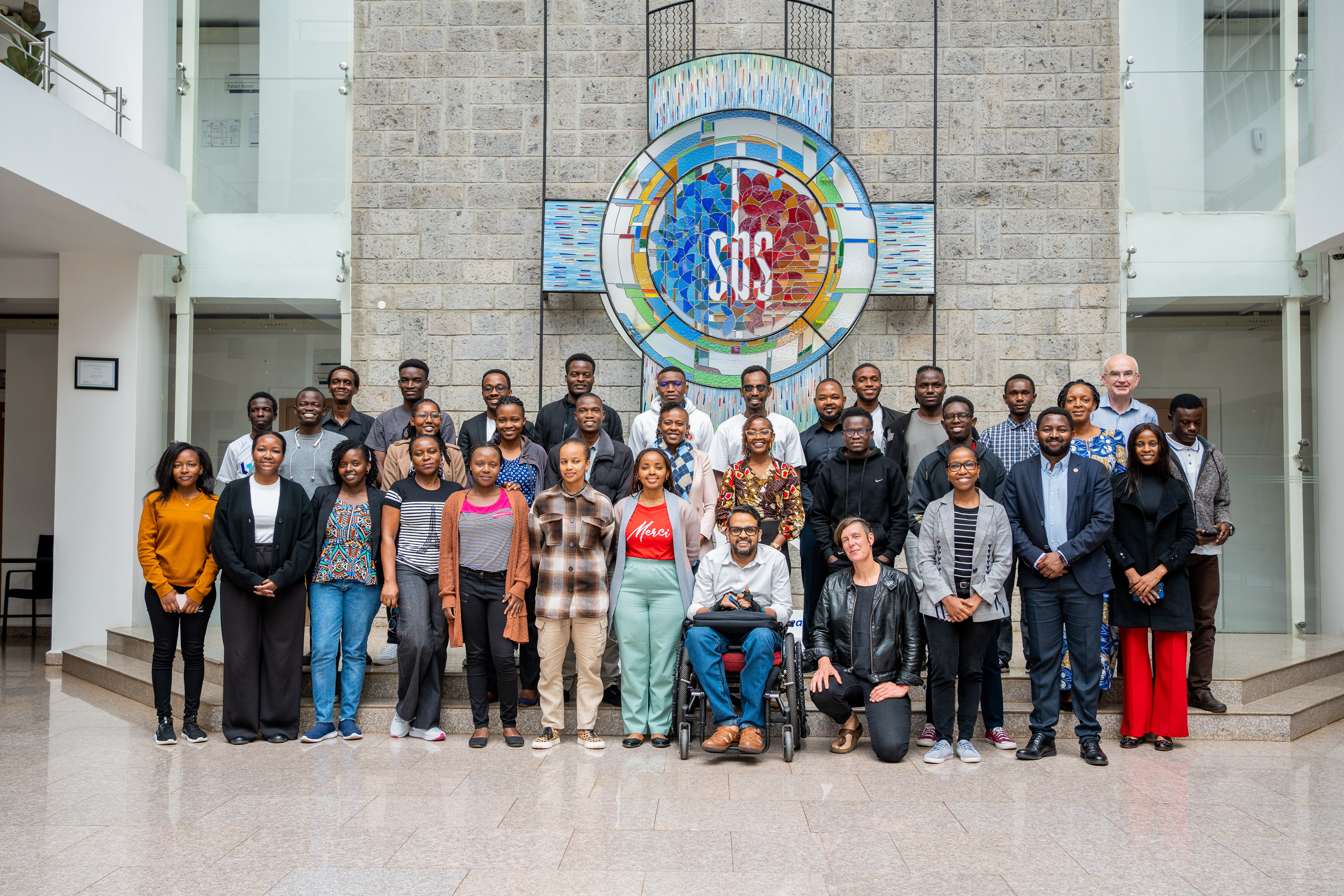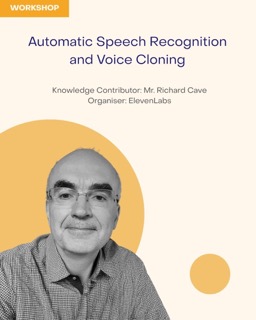Generate new evidence & insights.
We answer critical research questions and develop foundational methodologies, addressing intersectional challenges and research and evidence gaps.
Led by GDI Hub at University College London, with academic and community partners globally, this cluster will answer critical research questions and develop foundational methodologies to support the evidence base for best practices in assistive technology provision in low- and middle-income countries.
Sub-Programmes
- Data and Evidence Portal: Our Data and Evidence portal combines research from the Rapid Assessments of Assistive Technology and various global studies. The portal aims to improve access to life-changing assistive technology for all.
- What Works: The What Works project focuses on research related to the AT2030 programme, aiming to answer specific questions and gather insights.
- Mobile & Emerging Technology: Mobile and emerging technologies are enhancing assistive devices with features like text-to-speech and eye-gaze control, improving accessibility. However, questions persist about the effectiveness of mobile devices as assistive technology.
- Fellowship Programme: Our Fellowships programme will accelerate emerging talent, helping to answer key research questions.
Latest
-
Bridging the Mobile Disability Gap: advancing access and use of mobile as assistive technology
GSMADec. 4, 202510am GMTExplore the power of mobile driven inclusion, as we welcome researchers, innovators and the mobile industry to reflect on the future of mobile, the Mobile Disability Gap, and how a Mobile as Assistive Technologies can change lives. Accessible digital products and services are progressing at pace, yet this means little if people with disabilities are unable to access mobile phones, the data to power services, or the skills to maximise use. Getting internet-enabled, accessible first devices into people’s hands and supporting their application matters. In this session leading researchers from GMSA and the Global Disability Innovation Hub (GDI Hub) will share new evidence and insights.
-

Building Inclusive Speech Recognition for All in Kenya
Global Disability Innovation HubNov. 21, 2025KenyaCase Studies and ReportsThe GDI Hub’s Centre for Digital Language Inclusion (CDLI) is working to change that. Through its Automatic Speech Recognition (ASR) project in Kenya, CDLI is developing speech recognition models tailored for people living with diverse speech patterns, including those with impaired speech. The goal is simple yet transformative: to ensure that voice technology is available and inclusive for everyone not just those whose speech fits conventional models.
-

Kenya innovators join for the latest Centre for Digital Language Inclusion workshops
Global Disability Innovation HubNov. 17, 2025KenyaThe Centre for Digital and Language Inclusion (CDLI) has finalised the second phase of its groundbreaking initiative to develop inclusive Automatic Speech Recognition (ASR) systems for individuals with non-standard or impaired speech in African languages. This effort aims to close the digital divide for people with speech impairments and marks a major milestone following a successful pilot in Ghana.
-

UCL joins UK Prime Minister India visit and unveils new technology collaborations
UCLOct. 10, 2025India, United KingdomUCL President & Provost Dr Michael Spence has joined UK Prime Minister Sir Keir Starmer’s first official visit to India this week, advancing UCL’s strategic collaborations across technology and innovation.
-

Empower Conference: Automatic Speech Recognition & Voice Cloning
Global Disability Innovation Hub, Richard CaveOct. 3, 2025IndiaChange or loss of natural voice is likely for many people living with progressive neurological conditions such as MND/ALS, Parkinson’s Disease, MSA, PSP and many others. Also, for people living with the effects of head and neck cancer, trauma. And for many others, they may have never had natural voice to communicate with, for example some people with cerebral palsy. Is this situation, text to speech (or picture to speech) apps are sometimes used, using a synthesised voice that frequently sounds very different to how a person sounded or should be represented.